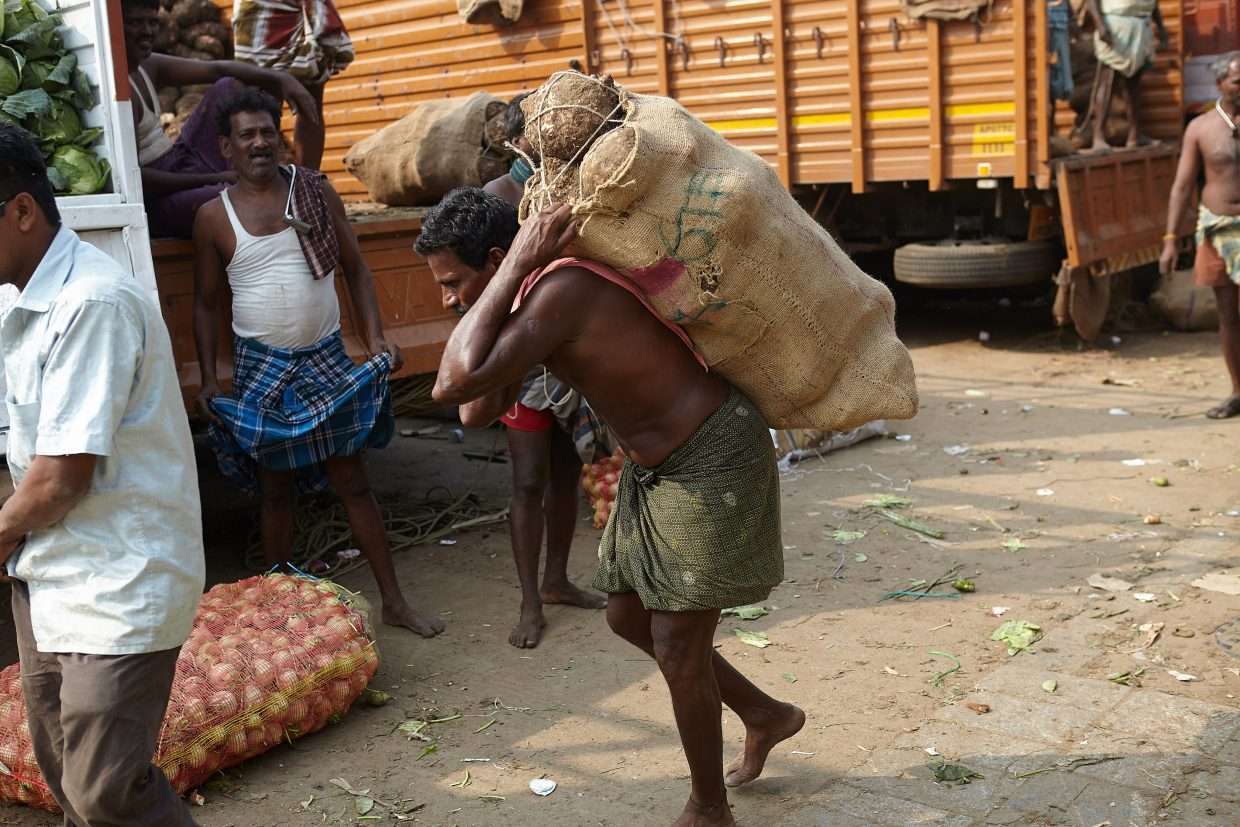The environmental sustainability index developed by the Centre for Development Finance seeks to track the performance of Indian states across various parameters and enable climate action. This case study highlights the current scenario in Tamil Nadu and sheds light on … Read More
Publications
Environmental Sustainability Index: Sikkim
Harshad Pathak | January 24, 2011
The environmental sustainability index developed by the Centre for Development Finance seeks to track the performance of Indian states across various parameters and enable climate action. This case study highlights the current scenario in Sikkim and sheds light on the … Read More
Environmental Sustainability Index: Haryana
Harshad Pathak | January 23, 2011
The environmental sustainability index developed by the Centre for Development Finance seeks to track the performance of Indian states across various parameters and enable climate action. This case study highlights the current scenario in Haryana and sheds light on the … Read More
Environmental Sustainability Index: Arunachal Pradesh
Harshad Pathak | January 22, 2011
The environmental sustainability index developed by the Centre for Development Finance seeks to track the performance of Indian states across various parameters and enable climate action. This case study highlights the current scenario in Arunachal Pradesh and sheds light on … Read More
Environmental Sustainability Index: Andhra Pradesh
Harshad Pathak | January 21, 2011
The environmental sustainability index developed by the Centre for Development Finance seeks to track the performance of Indian states across various parameters and enable climate action. This case study highlights the current scenario in Andhra Pradesh and sheds light on … Read More
Microloans, Insecticide-treated Bednets and Malaria: Evidence from a Randomized Controlled Trial in Odisha
Alessandro Tarozzi, Aprajit Mahajan, Brian Blackburn, Lakshmi Krishnan, Dan Kopf, Joanne Yoong | January 20, 2011
This policy note presents findings from a study conducted in a malaria endemic part of Odisha. The study sheds light on the impact of two different distribution schemes on the adoption and usage of insecticide treated nets: free distribution and … Read More
Creating an Enabling Ambient Environment for PPPs: Tool Kits for Policy Makers Engaged in Designing and Managing PPP Interventions in the Infrastructure Sector
Sujatha Srinivasan | January 19, 2011
This report presents a 12-point capabilities-based framework that strongly underscores the core functions that institutions must perform and provides guidelines on how these capacities can be built, within an environment. One of the crucial aspects of the report is that … Read More
Assessing the Benefits of Early Stage Design Research of Rural Bop-Focused Energy Solutions in Urban Settings
Selvan Thandapani, Richard Woodbridge | January 18, 2011
The benefits of user-centered design in design and testing for Base-of Pyramid (BoP) related products have been generally established. However, conducting extensive field tests in rural villages can be daunting. Besides the expense of conducting multiple field visits in remote … Read More
What Determines Entrepreneurial Success? A Psychometric Study of Rural Entrepreneurs in India
Viral Acharya, Abhilasha Rajanb, Antoinette Schoar | January 17, 2011
In this paper, the authors investigate what determines entrepreneurial success by studying the characteristics of rural kiosk operators in India, specifically kiosks run by Drishtee. We constructed a questionnaire to collect data on various psychological factors from existing kiosk operators … Read More
Putting Money in Motion: How Much do Migrants Pay for Domestic Transfers
Shreyas Gopinath, Justin Oliver, Ajay Tannirkulam, R.R. Kulkarni, Supriyo Bhattacharya | January 16, 2011
Many of India’s domestic migrants (a group that numbers 100 million by some estimates) regularly confront a significant problem: how to move money from where it is earned in one part of the country to another part of the country … Read More
- « Previous Page
- 1
- …
- 21
- 22
- 23
- 24
- 25
- …
- 30
- Next Page »














